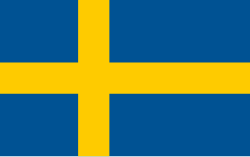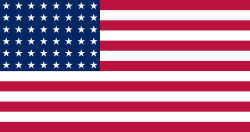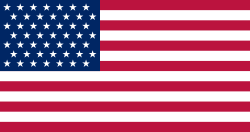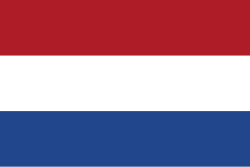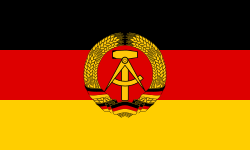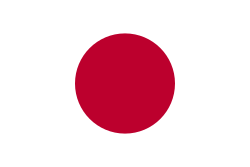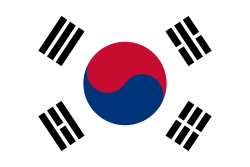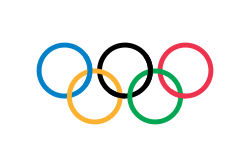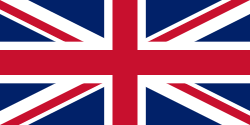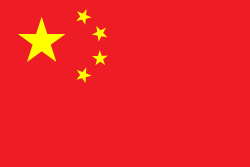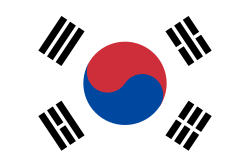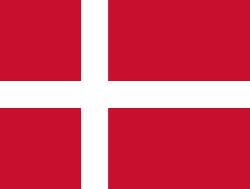Anna Ščerbakovová
| Anna Ščerbakovová | |
|---|---|
(c) Divmel ic, CC BY-SA 4.0 | |
| Datum narození | 28. března 2004 (21 let) |
| Místo narození | Moskva |
| Trenér | Eteri Tutberidzeová |
| Některá data mohou pocházet z datové položky. | |
| Přehled medailí | ||
|---|---|---|
| zlato | ZOH 2022 | jednotlivkyně |
| Mistrovství světa v krasobruslení | ||
| zlato | MS 2021 | jednotlivkyně |
| Mistrovství Evropy v krasobruslení | ||
| stříbro | ME 2020 | jednotlivkyně |
| zlato | ME 2022 | jednotlivkyně |
Anna Stanislavovna Ščerbakovová (rusky: Анна Станиславовна Щербакова; * 28. března 2004, Moskva) je ruská krasobruslařka. Na olympijských hrách v Pekingu roku 2022 vyhrála závod jednotlivkyň.[1] Rok předtím získala ve Stockholmu titul mistryně světa.[2] Má též stříbro a zlato z evropských šampionátů (2020, 2022)[3].
Reference
V tomto článku byl použit překlad textu z článku Anna Shcherbakova na anglické Wikipedii.
- ↑ Valijevová selhala a zlato slaví Ščerbakovová, Březinová skončila dvacátá. ČT sport [online]. Česká televize, 2022-02-17 [cit. 2022-02-17]. Dostupné online.
- ↑ Zvláštní finále, souboj generací a zlatá Ščerbakovová. Březinová si pohoršila. iDNES.cz [online]. 2021-03-26 [cit. 2022-02-17]. Dostupné online.
- ↑ ISU Statement - Decision of CAS - Kamila Valieva (ROC) - International Skating Union. isu.org [online]. [cit. 2024-02-25]. Dostupné online.
Externí odkazy
 Obrázky, zvuky či videa k tématu Anna Stanislavovna Ščerbakovová na Wikimedia Commons
Obrázky, zvuky či videa k tématu Anna Stanislavovna Ščerbakovová na Wikimedia Commons - Anna Stanislavovna Ščerbakovová v databázi Olympedia (anglicky)
Média použitá na této stránce
Olympic Rings without "rims" (gaps between the rings), As used, eg. in the logos of the 2008 and 2016 Olympics. The colour scheme applied here was specified in 2023 guidelines.
Olympic Rings without "rims" (gaps between the rings), As used, eg. in the logos of the 2008 and 2016 Olympics. The colour scheme applied here was specified in 2023 guidelines.
The Canadian Red Ensign used between 1921 and 1957.
This image has compared for accuracy (mainly colors) using an image from World Statesmen. The only change is making the maple leaves green from red. This image has compared for accuracy (mainly colors) using an image from World Statesmen. The most recent version of this image has changed the harp into one with a female figure; see [http://flagspot.net/flags/ca-1921.html FOTW
The Canadian Red Ensign used between 1921 and 1957.
This image has compared for accuracy (mainly colors) using an image from World Statesmen. The only change is making the maple leaves green from red. This image has compared for accuracy (mainly colors) using an image from World Statesmen. The most recent version of this image has changed the harp into one with a female figure; see [http://flagspot.net/flags/ca-1921.html FOTW
US Flag with 48 stars. In use for 47 years from July 4, 1912, to July 3, 1959.
US Flag with 49 stars. In use 4 July 1959–3 July 1960. It was defined in Executive Order 10798.
Flag of South Korea from October 1997 to May 2011. In May 2011, the exact colors were specified into their current shades.
Olympijská vlajka
Russian Olympic Committee flag used in 2020 and 2022, for the Olympics
Flag of Hungary from 6 November 1915 to 29 November 1918 and from August 1919 until mid/late 1946.
Flag of Canada introduced in 1965, using Pantone colors. This design replaced the Canadian Red Ensign design.
Vlajka České republiky. Podoba státní vlajky České republiky je definována zákonem České národní rady č. 3/1993 Sb., o státních symbolech České republiky, přijatým 17. prosince 1992 a který nabyl účinnosti 1. ledna 1993, kdy rozdělením České a Slovenské Federativní republiky vznikla samostatná Česká republika. Vlajka je popsána v § 4 takto: „Státní vlajka České republiky se skládá z horního pruhu bílého a dolního pruhu červeného, mezi něž je vsunut žerďový modrý klín do poloviny délky vlajky. Poměr šířky k její délce je 2 : 3.“
Finská vlajka
Georgian flag in Pantone MS.
This is the national flag of Belgium, according to the Official Guide to Belgian Protocol. It has a 13:15 aspect ratio, though it is rarely seen in this ratio.
Its colours are defined as Pantone black, Pantone yellow 115, and Pantone red 032; also given as CMYK 0,0,0,100; 0,8.5,79,0; and 0,94,87,0.


